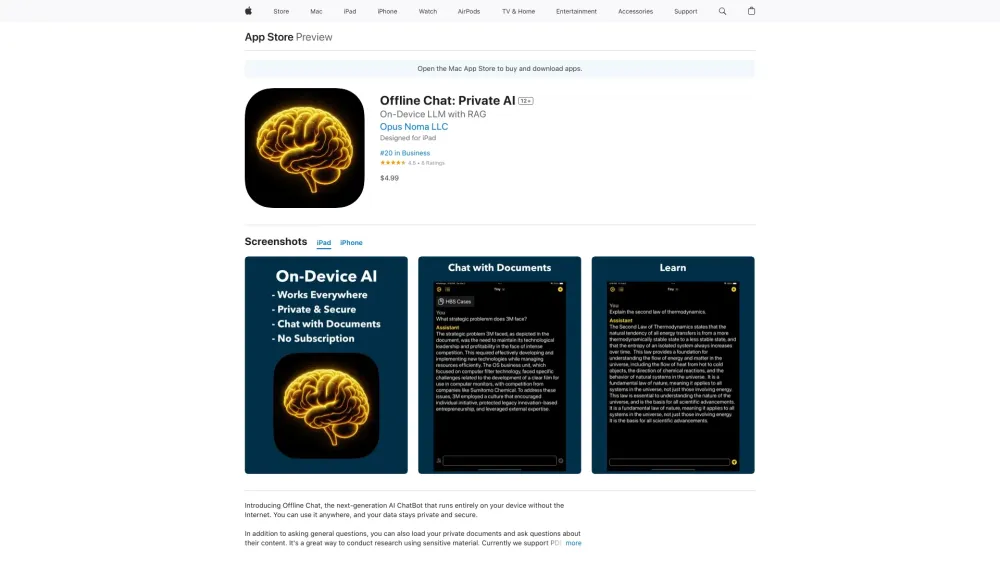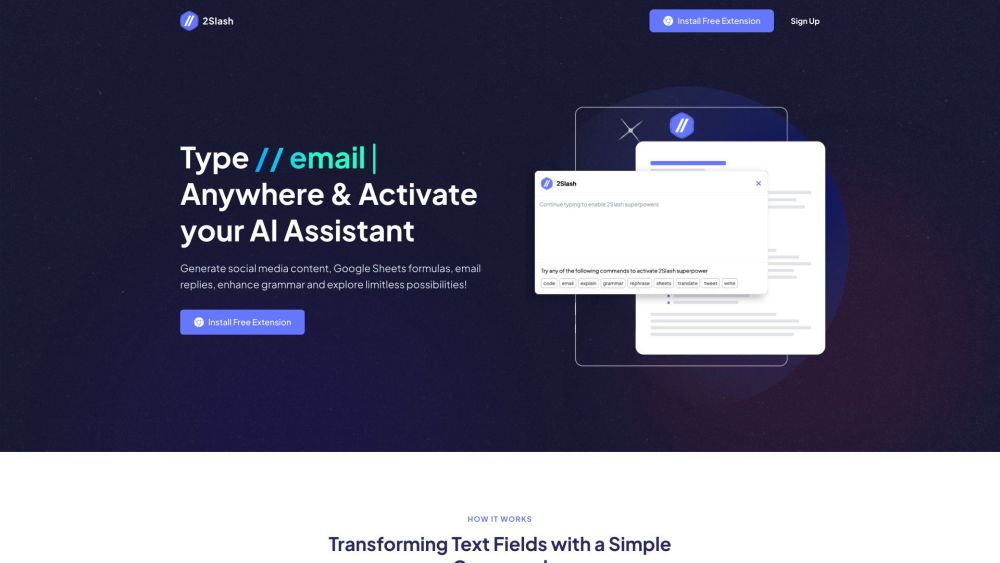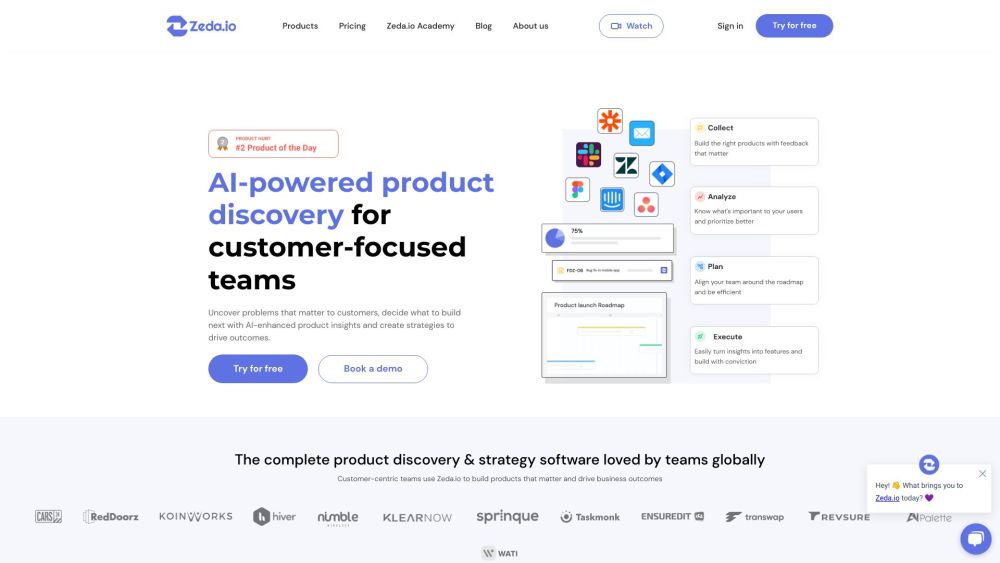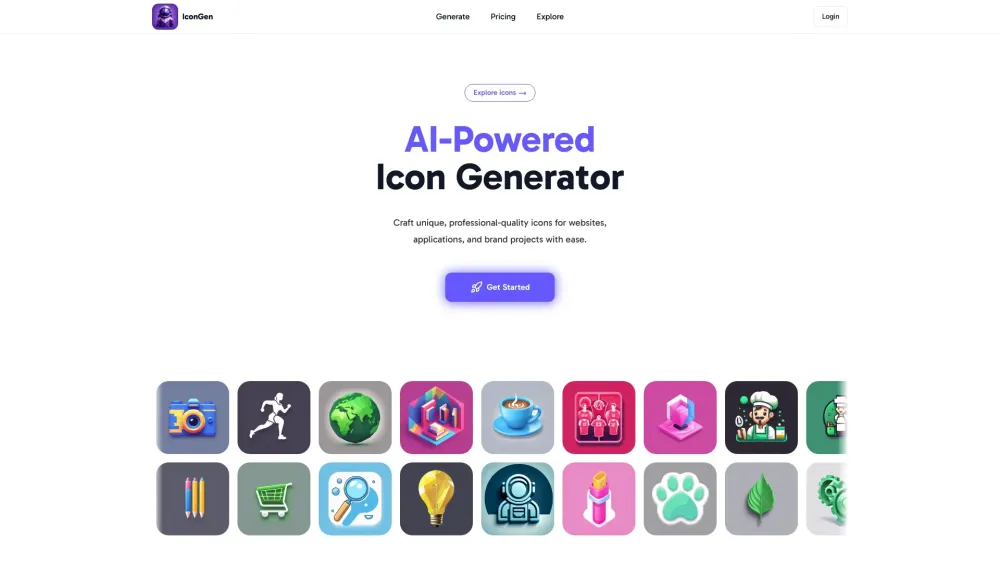Brave's Leo AI Assistant Now Accessible to Desktop Users: Enhance Your Browsing Experience!
Most people like

In today's digital landscape, the integration of On-Device Large Language Models (LLMs) combined with Retrieval-Augmented Generation (RAG) technology represents a significant breakthrough in artificial intelligence. This innovative approach not only enhances the capabilities of AI systems but also ensures that they operate efficiently at the edge, minimizing latency and maximizing performance. As we explore the intersection of on-device processing and RAG, you'll discover how this synergy transforms user experiences and drives intelligent solutions across various applications. Join us in diving deeper into this revolutionary technology!

Introducing 2Slash: a powerful browser extension that enhances your text fields with AI capabilities, enabling you to accomplish a wide range of tasks effortlessly and swiftly.

Introducing the ultimate super app for product teams! Effortlessly plan, build, and iterate your products to enhance efficiency and drive success. Optimize your workflow and collaborate seamlessly with our innovative tools designed specifically for product development.
Find AI tools in YBX



